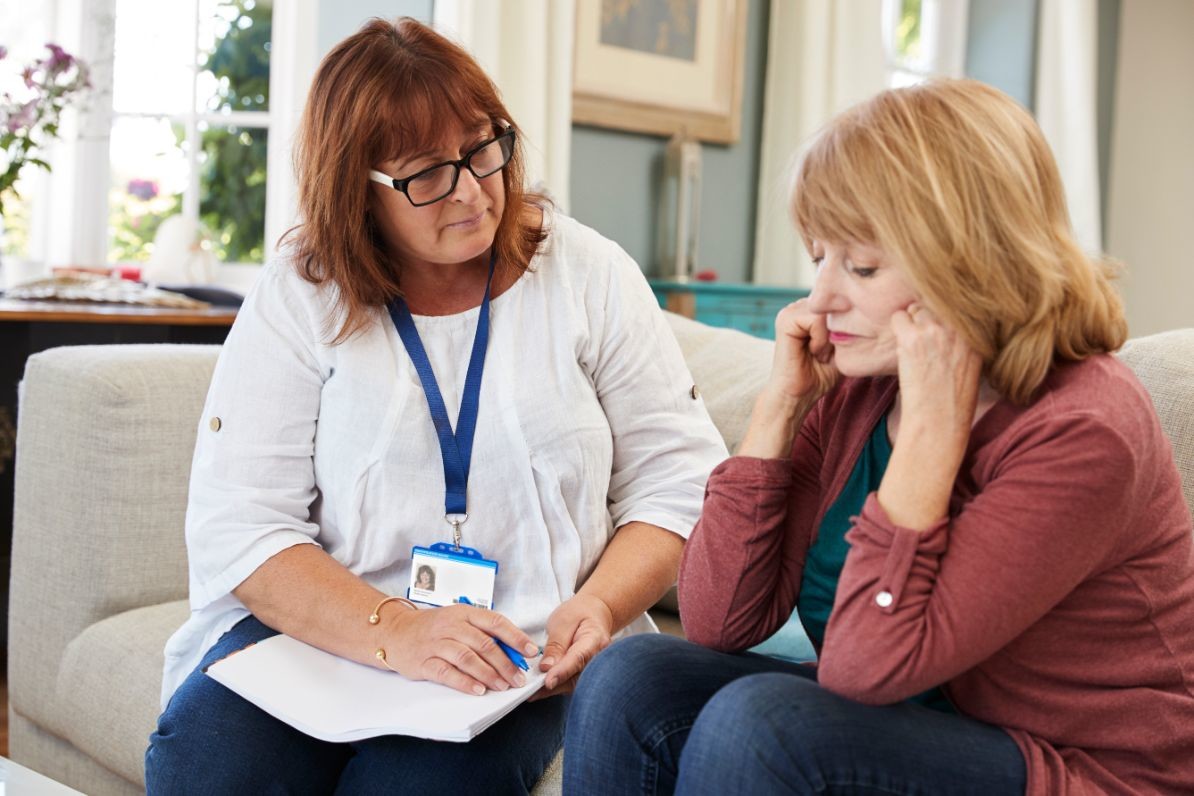Addiction aftercare is a critical part of the addiction recovery process. It provides support and accountability to recovering addicts, which helps them stay on track and avoid relapse. There are many different types of aftercare, but all share the same goal of helping recovering addicts stay sober long-term.
Understanding the importance of aftercare can ensure a successful recovery for yourself or a loved one.
Community support
People in addiction recovery benefit significantly by having support from the community. It creates a safe and inclusive space for those affected by addiction, regardless of the type.
From mutual aid support groups to sober housing and local businesses that promote sobriety, such as clean recovery centers in Tampa, Florida, there are plenty of opportunities for community members looking for social connections and moral support.
Community support also provides an excellent framework for accountability. Individuals can be encouraged to stay connected with others in recovery to avoid potential relapse triggers or any outside influences that could lead them away from their goals.
Provide accountability

Accountability is an essential part of the aftercare process. By having someone to answer to, recovering addicts are more likely to stay on top of their sobriety goals and resist the urge to give in to cravings. Let’s face it, addiction is hard to break alone.
Regular meetings with a professional or mentor in recovery can help keep individuals on track and provide additional support when needed. In addition, having someone to talk to can provide an outlet for stress and any emotions that may arise throughout the recovery process.
Help develop healthy coping skills
A strong foundation of healthy coping skills is integral to the aftercare process. Whether your triggers come from home, family, or the corporate world, you must find ways to combat them. This foundation helps recovering addicts find healthy ways to cope with stress and difficult emotions to better manage any triggers or urges that might lead to relapse. Healthy coping skills can include mindfulness, meditation, yoga, exercise, journaling, or other activities promoting self-care.
Establish a relapse prevention plan
Having a clear and manageable plan in place is vital for preventing relapse. Establishing a relapse prevention plan helps recovering addicts identify potential triggers and find ways to avoid them.
This plan could include avoiding certain people or places, setting up daily reminders to check in with themselves, or having a list of activities they can do when cravings arise. In addition, by having a plan in place, recovering addicts can better prepare themselves for any potential setbacks they may face during their recovery journey.
Offer hope

Finally, addiction aftercare provides hope to those in recovery. Knowing that there are people who will support their journey can help recovering addicts stay motivated and focused on their goals.
With the right tools, guidance, and support from the community, those in recovery can work towards achieving long-term sobriety and live a life of meaning and purpose.
Conclusion
Overall, addiction aftercare is an essential part of the recovery process. It provides support, accountability, and hope to those in recovery, which helps them stay on track and prevent relapse. By understanding the importance of aftercare, those in recovery can ensure they have a successful recovery journey.

